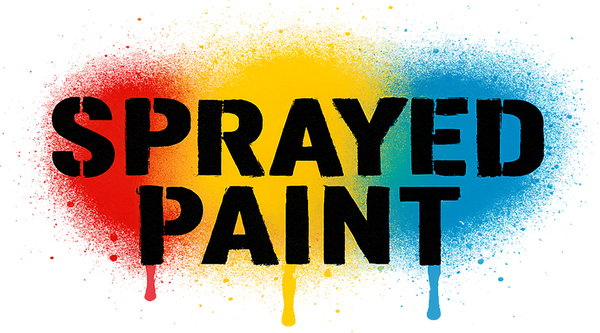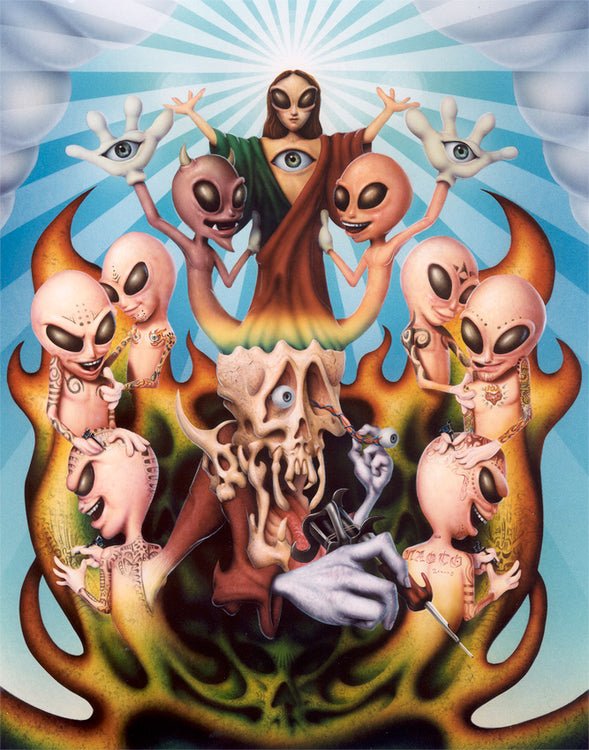
Jesus as a topic in graffiti street pop art represents a unique blend of religious symbolism, contemporary urban culture, and artistic expression. Graffiti and street art are forms of visual communication that have long been used to express ideas, emotions, and social commentary. Incorporating religious figures such as Jesus into this medium allows artists to explore a range of themes and perspectives. Social Commentary: Graffiti street art featuring Jesus can provide social commentary on topics such as politics, religion, and societal values. Artists may use Jesus as a symbol to critique certain aspects of organized religion or to challenge the prevailing interpretations of religious doctrines. Spirituality: Jesus as a subject in street art can represent an exploration of spirituality within an urban context. The juxtaposition of Jesus, a historical religious figure, against the backdrop of a modern city can evoke powerful emotions and provoke thought about the role of faith in contemporary society. Cultural Identity: For many artists, incorporating Jesus into their graffiti or street art can be a way to express cultural identity. This may be particularly relevant for artists from predominantly Christian backgrounds or regions where Christianity plays a significant role in the local culture. Artistic Interpretation: Artists may choose to depict Jesus in a variety of ways, from traditional religious iconography to more abstract or surreal interpretations. This artistic freedom allows for a wide range of styles and techniques to be employed, making each piece unique and visually engaging. Provocation: Some graffiti street artists may choose to feature Jesus in their work as a form of provocation. This can be aimed at challenging societal norms, pushing boundaries, or stimulating conversation around issues related to religion and belief. Connection Graffiti street art featuring Jesus can create a sense of connection between the artist, the viewer, and the broader community. By incorporating a universally recognized figure like Jesus, artists can forge a link with their audience that transcends language, culture, and background. This connection can foster a sense of unity and shared understanding, even in the diverse urban landscape. Inspiration: For some artists, using Jesus as a subject may serve as a source of inspiration or personal reflection. By exploring their own relationship with faith and spirituality through their art, these artists may find deeper meaning and purpose in their work. Reinterpretation: Graffiti street pop art often involves the reinterpretation or remixing of existing imagery and ideas. By featuring Jesus in their work, artists can play with traditional representations and challenge viewers to consider new perspectives on the familiar figure. Social Activism: Some graffiti street artists may use Jesus as a symbol to advocate for social change or to promote causes related to justice, equality, and compassion. This can create a powerful visual statement and serve as a call to action for viewers. Fusion of Styles: Incorporating Jesus into graffiti street pop art can result in a unique fusion of artistic styles. By combining elements of religious iconography, pop art, and graffiti, artists can create distinctive and innovative works that resonate with a wide audience. Overall, using Jesus as a topic in graffiti street pop art opens up a myriad of possibilities for artistic expression, social commentary, and cultural exploration.

